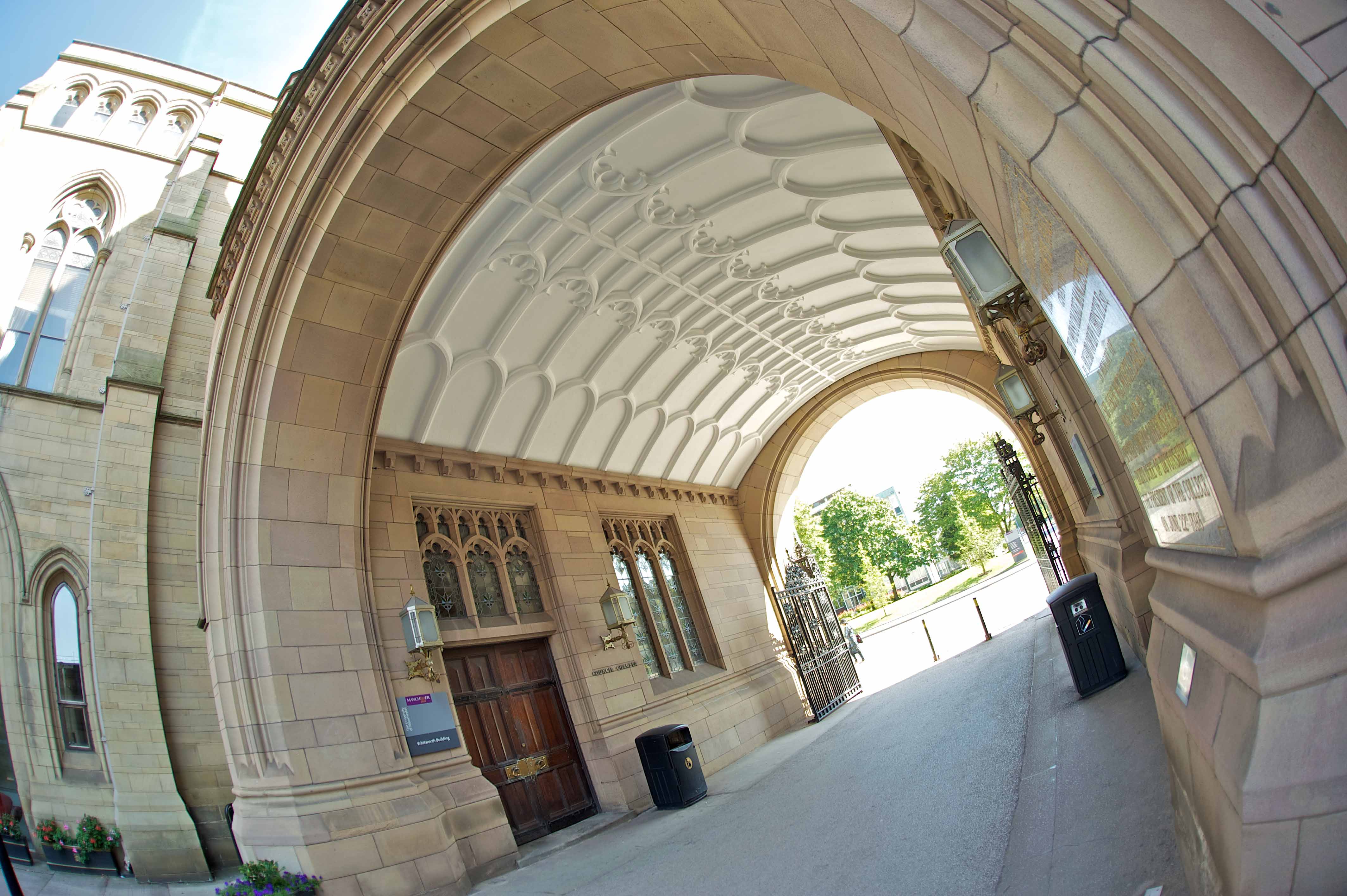Diversifying the Curriculum: Criminal Evidence
Written by Claire McGourlay, Suzanne Gower and Lia Seccombe
We successfully applied for funding from the ‘Diversifying the Curriculum’ for Criminal Evidence LAWS30081 which we used to fund the attendance of a guest speaker, Thalia Maragh a Barrister from Garden Court Chambers in London.
Criminal Evidence is an optional course for third year students from across the School of Social Sciences. The course teaches and explains the main rules of evidence which govern the conduct of criminal cases in England and Wales and draws attention to the interplay between them. The course aims to place the rules of evidence in the context of their rationale, their historic development and modern criminal justice policy.
The course is built upon the premise that law needs to be understood as a fundamental social institution which is shaped by and in turn helps to shape socio-economic structures, power structures and culture. We believe that students must be able to develop an appreciation of the interplay of social, political and other multidisciplinary perspectives to enable them to develop a theoretically informed understanding of the role and function of regulation within various subnational, national, regional and international contexts.
Thalia Maragh was chosen as a guest speaker due to her high-profile status as a leading criminal defence and public lawyer in both domestic and international cases. She originally came to the UK as an international law student and has gone on to develop a career as a criminal defence barrister and public law specialist working on some of the most significant inquests and inquiries over the last decade including the Hillsborough disaster inquests, the Grenfell disaster inquiry and she is currently representing the COVID Families for Justice campaign in the ongoing public inquiry.
We chose to structure the session as a question-and-answer session to allow Thalia to tell the story of her own career development in her own words as well as maximising the opportunities for students to participate in the session due to the more informal nature of the session.
Thalia is a black female barrister who was the first in her family to attend university and was able to share details of her own journey as well as passing on tips for career progression for students who have ambitions to pursue a career in law. She focussed on helping the students to develop their understanding of how she herself has overcome structural inequalities in the development of her own career as well as the impact she has observed of such inequalities on others within the criminal justice system, most notably defendants. She detailed how different policies and procedures can negatively impact different communities at each stage of the criminal process, starting off with stop and search policies and the way that black communities are affected by this model of policing.
The highlight of the session was a discussion on the role of race in the way that bad character evidence is dealt with in the criminal justice system, with a particular focus on the increasing use of drill music and rap lyrics in criminal trials. Thalia was able to share details of her experience of the use of such evidence criminal trials which she has been involved in and the discussion was significantly enhanced through the presence in the audience of Professor Eithne Quinn, who was able to share her knowledge as the leader of the research project: Prosecuting Rap: Criminal Justice and UK Black Youth Expressive Culture which has led to her giving evidence as an expert witness in a number of criminal trials.
Thalia also helped to develop an understanding of global inequalities within the students by telling them of her recent appearance before the Judicial Committee of the Privy Council in a case where she is acting on behalf of a group of Barbudan citizens who are seeking to challenge the loss of their historic rights of communal ownership of the island and the proposed regeneration of land which has been damaged due to the impact of climate change. The case raises issues relating to a broad spectrum of legal topics including public international law, environmental law and in particular the role of citizens in holding governments to account for environmental violations.
Lia Seccombe, a third year LLB law student who attended the lecture said the following:
‘I went into this lecture knowing what I wanted to do as a career after my degree, and I can say that what Thalia talked about only solidified that belief for me. Hearing her speak so passionately about an area of law that I am also incredibly passionate about helped me realise that the goal I have for my future is possible. From the answers she gave to the questions asked, I was able to expand my knowledge in the areas of criminal trials, inquests and inquiries in ways that may not have been possible without this lecture being added to a module I was taking. I think that it is especially important that students are able to hear from lawyers in areas that they wouldn’t necessarily hear from in their degree so that they can be exposed to every possible work route available to them. As someone interested in inquest and inquiries work, I know that this was the only opportunity that I have had to learn about these subjects during my time at university, and that makes me grateful that I was able to attend.’







0 Comments